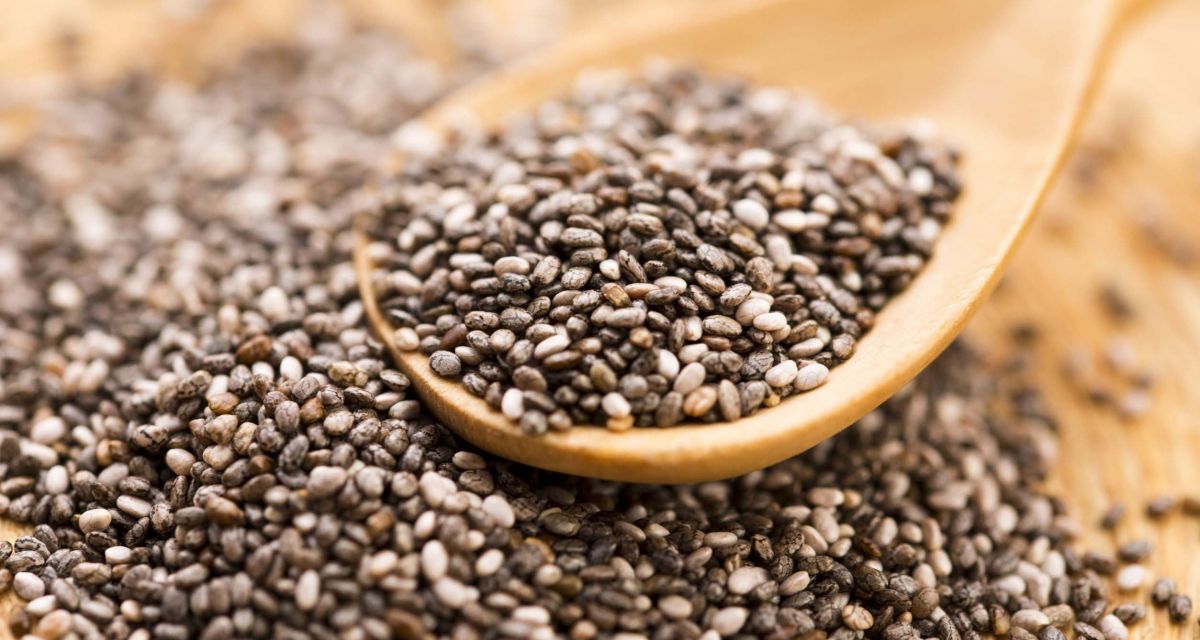
What are the Top 10 superfoods to watch in 2016? The global health and wellness market was worth 800 billion euro last year, according to industry analysts Euromonitor, and continues to outperform the wider food and drink industries. The increase in vegan and special dietary regimes shows how consumers are keen on ensuring their bodies are getting enough of the right vitamins, minerals, and proteins. Here below you can discover the annual list released, since 2003, by food manufacturer Steenbergs.
- Chlorella: a blue-green algae that has the highest content of chlorophyll of any food on the planet.
- Bee pollen: it contains high amounts of Vitamin B1, which contributes to the maintenance of normal skin.
- Spirulina: a blue-green algae that is over three billion years old, and one of the most nutritious superfoods on the planet.
- Moringa: made from the naturally dried leaf of the moringa tree or Miracle Tree. It is a rich source of plant protein and is high in 10 essential vitamins and minerals.
- Chia: its seeds are an ancient South American superfood and they are popular sprinkled on salads, cereals, yogurt, and soup, or added to baking – bread, cakes, and biscuits.
- Baobab: this fruit pulp and seed powder is harvested from the inside of the coconut-like fruit of the mythical African Baobab tree. It is popular as a flavouring in smoothies, yogurts, cereals, and even jam.
- Maca: a source of thiamin, riboflavin, vitamin B6, calcium, zinc, and iron, which all contribute to normal energy-yielding metabolism.
- Turmeric: used in Chinese and Indian medicine for its anti-inflammatory properties and its ability to reduce infection, and is high in antioxidants. Grown as an annual, it looks similar to ginger.
- Matcha Tea: highly regarded for its health properties due to its relatively high levels of antioxidants, minerals, vitamins, and nutrients, the leaves are grown in a way that produces extra amounts of chlorphyll and natural amino acids and are then ground down to a bright green, fine powder.
- Organic White Tea: although harvested from the same plant, white tea has higher antioxidant levels and less caffeine than green tea, due to minimal processing, helping to promote overall health.
© All rights reserved
